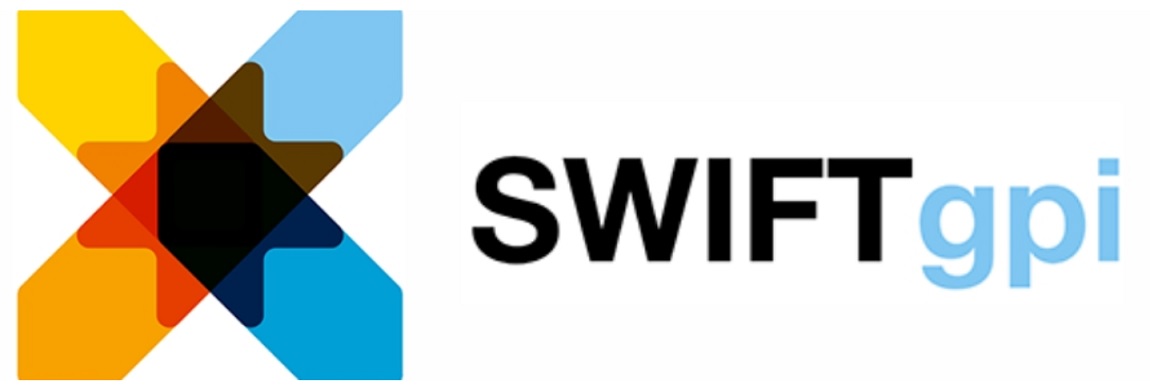
an article written by Cédric Derras, Global Head of Cash Management at UniCredit
With SWIFT gpi making strides in the correspondent banking sphere, we must consider how the service can be built upon, says
Since its launch in early 2017, SWIFT gpi has radically transformed cross-border payments. As this payments system builds towards critical mass, now is the time to think about the next steps towards ensuring a smooth process for global payments.
Based on pre-existing messaging standards and bank payment processing systems, SWIFT gpi’s suite of cloud-based tools allows banks to execute international payments with speed and efficiency. What’s more, SWIFT’s gpi tracker facilitates end-to-end payments tracking – providing banks’ clients with detailed information on the status of a payment, as well as any associated fees.
By the end of 2018, all 60 of the world’s biggest banks were using the service – including hundreds of financial institutions (FIs). Looking ahead to 2020, the SWIFT organisation expects all 10,000 banks on the SWIFT network to be able to offer same-day delivery and full traceability across the payment chain.
These features of gpi address some of the key pain points of cross-border payments. Before SWIFT gpi, banks would have often received calls from clients whose cross-border payments were taking longer to arrive than expected.
Finding out the funds’ journey was a time-consuming and difficult undertaking – involving phone calls to one bank after another in the correspondent chain, until the cash was found. Clients were typically left unimpressed, despite the bank’s considerable effort. Matters were often worsened when suppliers received less money than expected due to unforeseen fees incurred along the chain. With no way to check which bank had applied these fees and for what reason, banks would often find themselves giving explanations to an unhappy customer.
SWIFT gpi, however, provides a solution to this process. With around 50% of transactions now executed in under 30 minutes, coupled with full visibility over the journey of the payment, treasurers know where their payment is at all times and can clearly see where and why fees have been applied.
This undoubtedly represents an important step forward, but fragmentation still exists in the payments space. In parallel with SWIFT gpi, a number of domestic instant payments schemes have been springing up. The most notable of these is SCT Inst – the European Payments Council (EPC)’s instant payments initiative, which facilitates credit transfers within the Single Euro Payments Area (SEPA). Guaranteeing delivery of funds in a maximum time-frame of just ten seconds, SCT Inst has enjoyed significant uptake since its inception in November 2017, with over 2,000 payments service providers (PSPs) across 16 countries now offering the service. Like SWIFT gpi, the 2020 objective for SCT Inst is to reach critical mass.
While this is great news for SEPA-based FIs, the global payments landscape is yet to be harmonised. Even where new payment systems have sprung up over recent years, there is no common framework uniting them, and payments between systems still rely on ageing correspondent banking infrastructure. To address this, banks are now looking at how advancements can be made to bring these disunited systems into harmony.
The prospect of interoperability
SWIFT gpi will most likely be the keystone to any such solution. Imagine, for example, if banks could combine SCT Inst, with its speed and pan-European reach, with the cross-border speed and transparency of SWIFT gpi. This would represent an invaluable step towards simplifying international payments into Europe and globalising the reach of faster payments.
However, before this can be done, we must align the unique tracking references for SCT Inst and SWIFT gpi and create a consensus on how they can be standardised.
While this is a daunting task, there are already promising developments at hand. The launch of the European Central Bank (ECB)’s Target Instant Payments Service (TIPS), for instance, will serve to connect all European central banks, as well as many corporate banks. It will also drive an increase in the use of SCT Inst over existing SEPA Credit Transfers. Moreover, work is ongoing to foster interoperability between TIPS and the SWIFT gpi infrastructure. UniCredit, along with a number of other banks, is part of a working group looking to integrate gpi’s unique end-to-end tracking reference (UETR) into SCT Inst’s pacs.008 format. If successful, this will make the TIPS platform interoperable with SWIFT gpi – opening up new possibilities for increasing the speed of cross-border payments.
A connection of this kind would enable correspondent banking channels to be significantly streamlined – cutting down on the number of banks required in a given transaction chain to see a payment through to the end recipient. At the same time, by improving the speed and visibility of these payments, a unified SWIFT gpi- SCT Inst process would help corporates optimise liquidity, free up working capital, and reduce enquiry costs.
This would be the first step towards an even loftier goal – the harmonisation of domestic instant payments systems around the world, with SWIFT gpi as the intermediary.
About the author
Cédric Derras is Global Head of Cash Management at UniCredit. Before taking up his current position, he was responsible for Cash Management Sales Italy. Prior to that, he held several senior positions at Deutsche Bank and Société Générale in Italy and France.
Banking 4.0 – „how was the experience for you”
„To be honest I think that Sinaia, your conference, is much better then Davos.”
Many more interesting quotes in the video below: